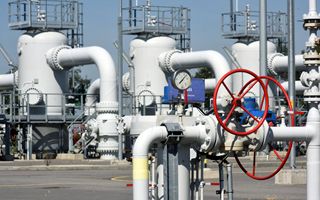(Finance) – It is probable that operators of the European gas networks have stable ratings, assuming unchanged financial policies and continuous supportive regulatory frameworks. He states it Fitch Ratings in a new report on the topic. The exception is Czech Gas Networks Investments, which is on Rating Watch Positive following its announced acquisition by the stronger CEZ.
Gas networks “benefit from good revenue visibility as we expect the next regulatory reviews for distribution system operators in the UK, Italy and the Czech Republic will adopt a generally supportive approach“, the document reads.
However, Fitch sees long-term risks related to the decline in consumption of natural gas and to poor visibility on renewable gases and on the development of hydrogen, which could lead to increasing regulatory pressure.
The regulated profiles of EMEA gas networks, with minimal commodity and volume risks, support predictable profitability and cash flow generation. Past corporate diversification had added some credit risk in some cases, but the sale of Tallgrass by Enagas and the exclusive negotiation of Italgas for the acquisition of 2iRete Gas show that the gas networks aim to strengthen national activities and opt for capital spending opportunities related to the energy transition, even if they are relatively limited in the short term.
Fitch expects near-term capital spending to be primarily focused on guarantee of the safety and efficiency of infrastructures gas, with long-term investments focused on energy transition and hydrogen blending.
“Europe has made progress in supporting hydrogen initiatives and has assigned the status of projects of common interest to some hydrogen corridors – reads the report – The Directive on the H2 and gas package provides some regulatory guidance and is likely to be transposed into national legislation starting from 2025. However, theGreen hydrogen is still very far from being competitive in terms of costs and the scope of its envisaged application in the medium term is being substantially reduced compared to the overly ambitious objectives set by the EU for 2030.”
